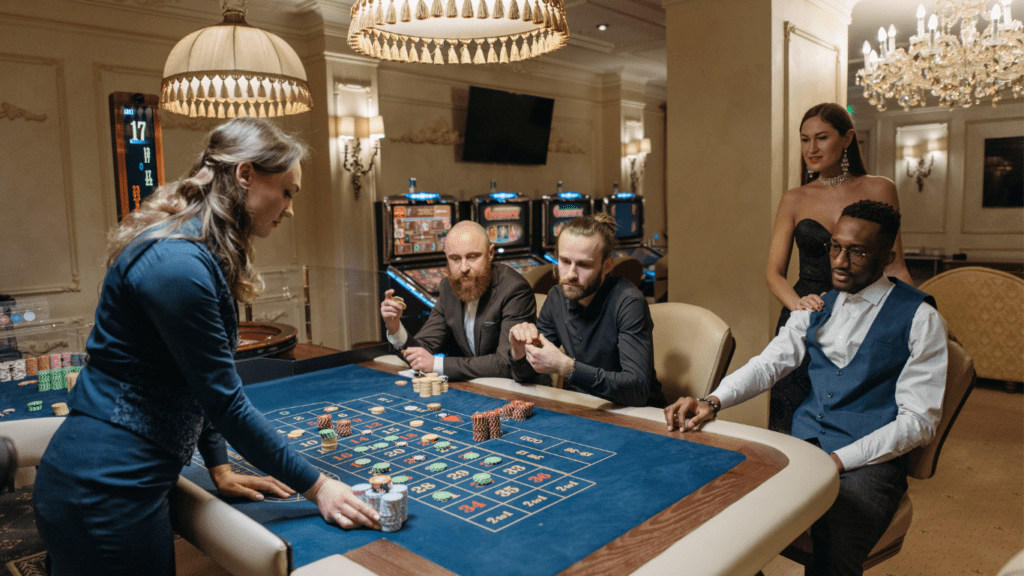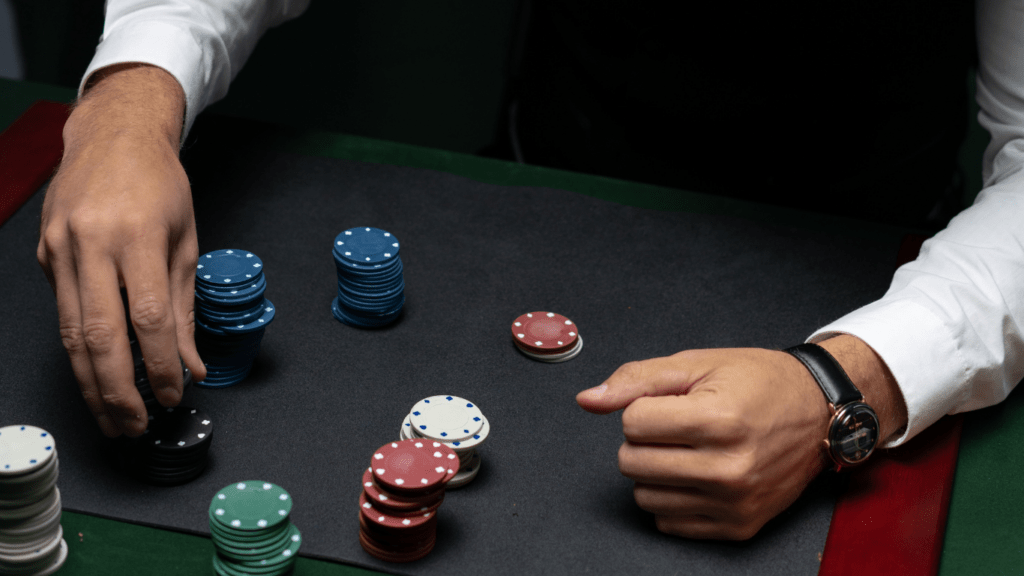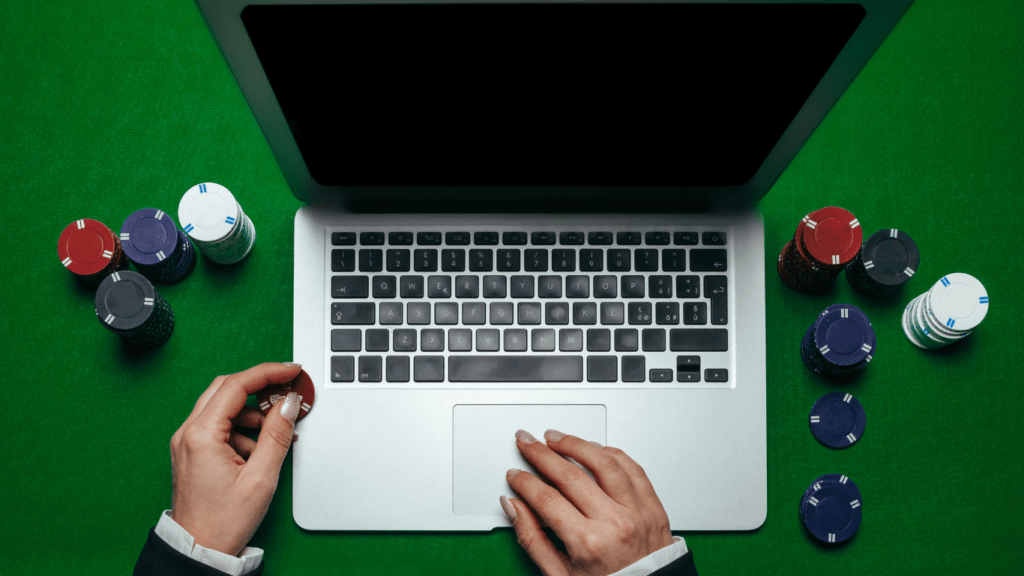Understanding Gambling Addiction
Gambling addiction, also known as compulsive gambling, involves the inability to control gambling impulses despite negative consequences. It’s not only about frequent casino visits or online betting; it’s about the behavior’s control over one’s life. According to the American Psychiatric Association, gambling addiction is classified as an impulse-control disorder. It shares similarities with other addictive behaviors, impacting mental health and well-being.
Compulsive gambling results in several detrimental outcomes. Individuals may face significant financial problems, including debt accumulation and strained relationships. They might neglect responsibilities at work or home, prioritizing gambling over important aspects of life. The emotional toll is immense, often leading to:
- feelings of guilt
- anxiety
- isolation
Recognizing gambling addiction involves observing certain patterns. Those affected may attempt to hide their activities, lying about the extent of their gambling. They often experience preoccupation, constantly thinking about past gambling experiences or planning future ventures. Emotional triggers, like stress or boredom, may lead to gambling as a coping mechanism. Others might attempt to recoup losses by insisting on a win to fix financial issues.
Understanding these elements of gambling addiction broadens awareness and sensitivity towards those struggling. It’s crucial to foster an environment conducive to seeking help, highlighting the availability of professional treatment options.
Common Signs of Gambling Addiction

Recognizing gambling addiction involves identifying key behaviors. These behaviors provide crucial insights into the individual’s struggles.
- Preoccupation with Gambling
Gambling often dominates thoughts for those facing addiction. They frequently reminisce about past gambling experiences and plan future endeavors. This fixation can overshadow other priorities, leading to neglect of personal and professional responsibilities. For example, an individual may spend excessive time researching odds or strategizing on upcoming events.
- Inability to Control Gambling
A hallmark of gambling addiction is the inability to stop despite negative consequences. Individuals might attempt to cut back or quit entirely but find themselves drawn back in. Unsuccessful efforts to control or reduce gambling activities often result in feelings of helplessness and frustration. This loss of control can lead to escalating financial losses and deteriorating relationships.
- Chasing Losses
Chasing losses involves persistently trying to win back money lost during gambling. This behavior stems from a misguided belief in recouping losses by continuing to gamble. Individuals may increase their bets and take more significant risks, hoping for a big win to offset prior losses. Unfortunately, this often leads to further financial strain and deepens the cycle of addiction.
Emotional and Behavioral Indicators
Emotional and behavioral signs often reveal gambling addiction. These indicators shed light on the mental struggles individuals face.
Feelings of Restlessness or Irritability
Restlessness and irritability emerge when gambling opportunities are absent. I notice these feelings intensify, especially when I’m unable to gamble, suggesting withdrawal symptoms. This emotional state often results in tension in relationships and difficulty concentrating on tasks.
Lying or Hiding Behavior
Lying or hiding behavior becomes a coping mechanism to conceal gambling habits. I’ve observed how this often leads to creating elaborate stories to justify disappearing time or financial discrepancies. This deceit erodes trust among family and friends, further isolating the individual and perpetuating the addiction cycle.
Impact on Relationships and Finances
Gambling addiction deeply affects both personal relationships and financial stability. These disruptions can create long-lasting consequences for individuals and their loved ones.
Strained Personal Relationships
Uncontrolled gambling behaviors often lead to deteriorating relationships. Trust erodes when secrecy and deceit become necessary to hide gambling activities. Family members and friends may experience frustration and resentment due to broken promises and neglected responsibilities. Frequent arguments may arise from financial stress and emotional withdrawal, leaving those affected feeling isolated. Social connections suffer as individuals prioritize gambling over spending time with loved ones.
Financial Difficulties
Compulsive gambling typically results in serious financial hardships. Individuals may accumulate significant debts from maxed-out credit cards, loans, or even illegal borrowing. Essential financial obligations like rent, utilities, or family expenses might be neglected in favor of gambling funds. This creates a cycle of desperation where individuals chase losses, leading to even greater monetary setbacks. As financial stability crumbles, the stress of creditors and financial pressure worsens the addiction, compounding the problem further.



 Lawerencer Cookanera – Founder & Chief Editor
As the driving force behind Casino Champs Fortune, Lawerencer Cookanera founded the platform with a mission to empower casino enthusiasts by providing them with well-researched, insightful content. Lawerencer brings years of experience in the casino industry, overseeing the editorial strategy to ensure high-quality, trustworthy content across a variety of topics. From uncovering the mechanics of progressive jackpots to delivering in-depth guides on how to play and win big, he ensures every piece of content aligns with the site’s vision. Lawerencer is dedicated to fostering a responsible gaming environment, offering readers practical advice and expert insights that elevate their casino experience.
Lawerencer Cookanera – Founder & Chief Editor
As the driving force behind Casino Champs Fortune, Lawerencer Cookanera founded the platform with a mission to empower casino enthusiasts by providing them with well-researched, insightful content. Lawerencer brings years of experience in the casino industry, overseeing the editorial strategy to ensure high-quality, trustworthy content across a variety of topics. From uncovering the mechanics of progressive jackpots to delivering in-depth guides on how to play and win big, he ensures every piece of content aligns with the site’s vision. Lawerencer is dedicated to fostering a responsible gaming environment, offering readers practical advice and expert insights that elevate their casino experience.
